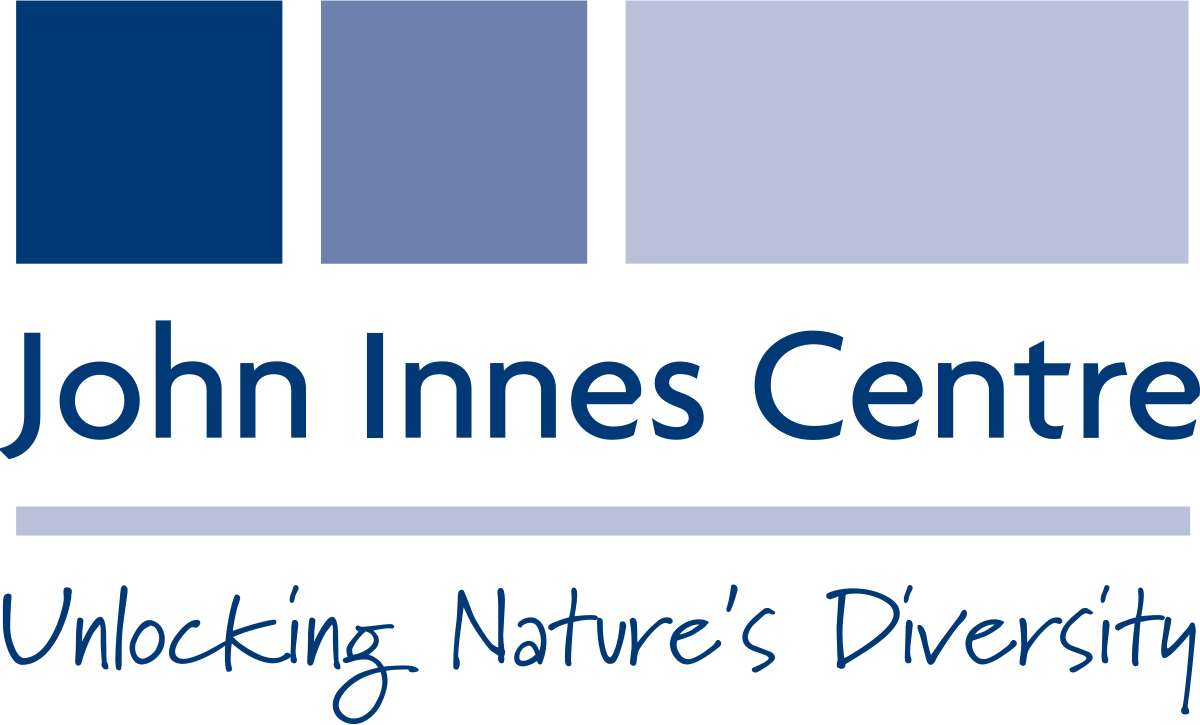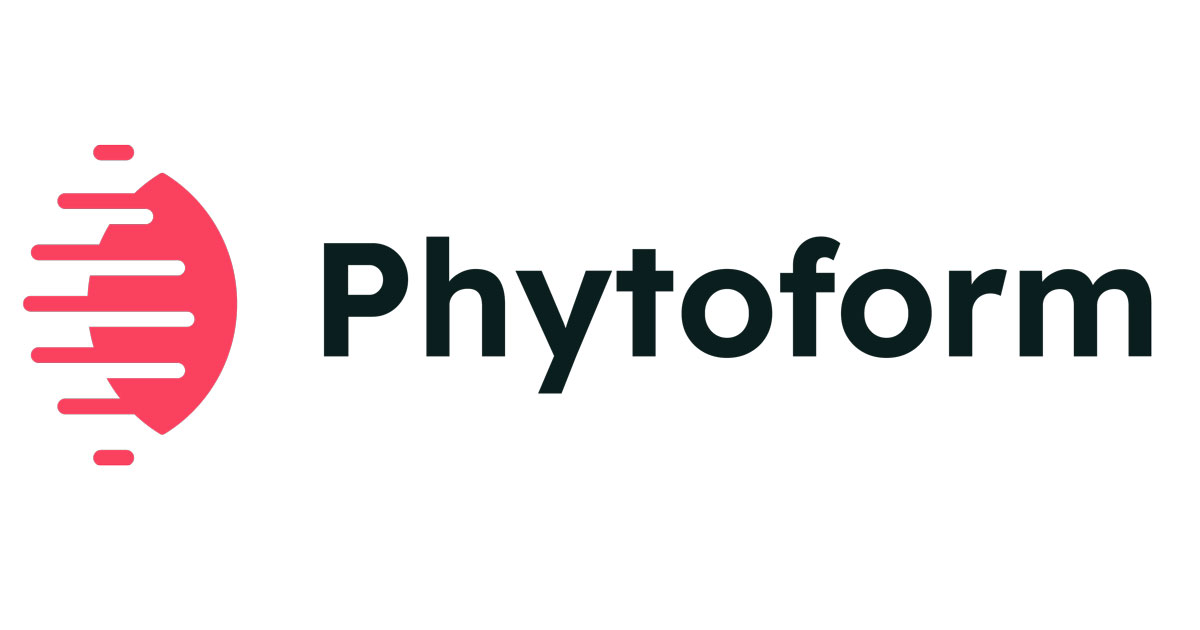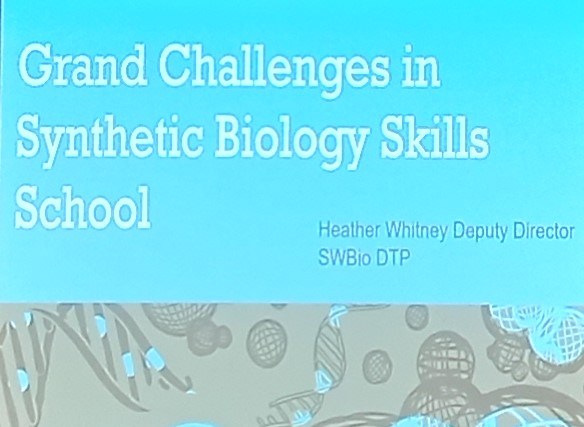For her PIPS, Jessica worked with Labcorp at the Harrogate location Labcorp is a life sciences and healthcare company that works in drug development as well as a range of other areas.
The featured image is the Labcorp logo
Where did you go and what did you do?
I completed my PIPS at Labcorp in Harrogate. The majority of my time was spent working alongside a post-doc in the Immunology and Immunotoxicology department. We were developing a project working on designing a vessel on a chip model which could be used to test cancer treatments on human vessel models before they would be used on actual humans. I also had the opportunity to experience day to day work in an industrial drug development company including areas in Flow Cytometry, Cell Based Assays and Immunoassays.
What made you want to do that particular placement?
Labcorp is a company that I have been interested in applying to work at after my PhD so I thought it would be good to get some experience of what it is like to work there, how they operate and work out whether it would be something I would like to do. It is also a totally different field to my PhD (Immunology, where my PhD is reproductive biology) so I wanted to branch out and learn about a wholly different area which has always interested me.
How did you go about finding and planning your PIPS?
I got in contact with a member of staff at Leeds Uni who is involved in running a Masters course which arranges placements at Labcorp for the Masters students. He was able to put me in contact with someone at Labcorp who was able to take this further for me. I had to keep reminding and asking her and pushing to get it arranged, as they don’t usually take on students for placements as short as 3 months.
What have you gained from doing your PIPS?
The main thing I have gained is confidence in myself and my scientific abilities. Having only ever worked in one lab, I struggle a lot with imposter syndrome. Walking into another company with no expectations of me as they know I am not from an immunology background, yet my knowledge still being applicable and useful for them has been massively confidence boosting for me. I was able to be confident in myself and know that I can apply myself to different situations and make a difference.
I have also picked up some techniques I would like to incorporate into my own PhD. I have had an experience of working at this company which will help me decide if it is something I would like to do long term. Along with this, I have made contacts at Labcorp who have told me I am welcome to come back to work there after my PhD.
How would you sum up your PIPS experience?
Overall it was a really positive experience, I think it was nice to have a break from my PhD and remove the stress and concentrate on something completely different for a while. I have been able to come back to my PhD with a totally fresh mind. It was great to have a sample of what working for that company in industry is like.
The issue with this placement is that because it is such a short placement of only 3 months, Labcorp are unable to complete training with me to be allowed to conduct study work. Therefore the only client study work interaction I got was to observe. I was only able to contribute hands on to the non-study developmental work. This meant at times it was a little boring and I would have not much to do. That said, it was useful to experience just how the company runs as a whole and how everything works in industry.
What advice would you give to other PGRs about PIPS?
I think I had my PIPS at a good time, at the beginning of my third year (just before I think its all about to get really stressful). I think it was good that I got an experience of a company I am thinking about applying to after my PhD as I now have a lot of contacts and a taster of what it is like to work there. I would say write a really really detailed list of everything you have going on in your PhD before you go on PIPS, down to the simplest information as you would be surprised how much you forget and how out of touch you will feel when you get back.





